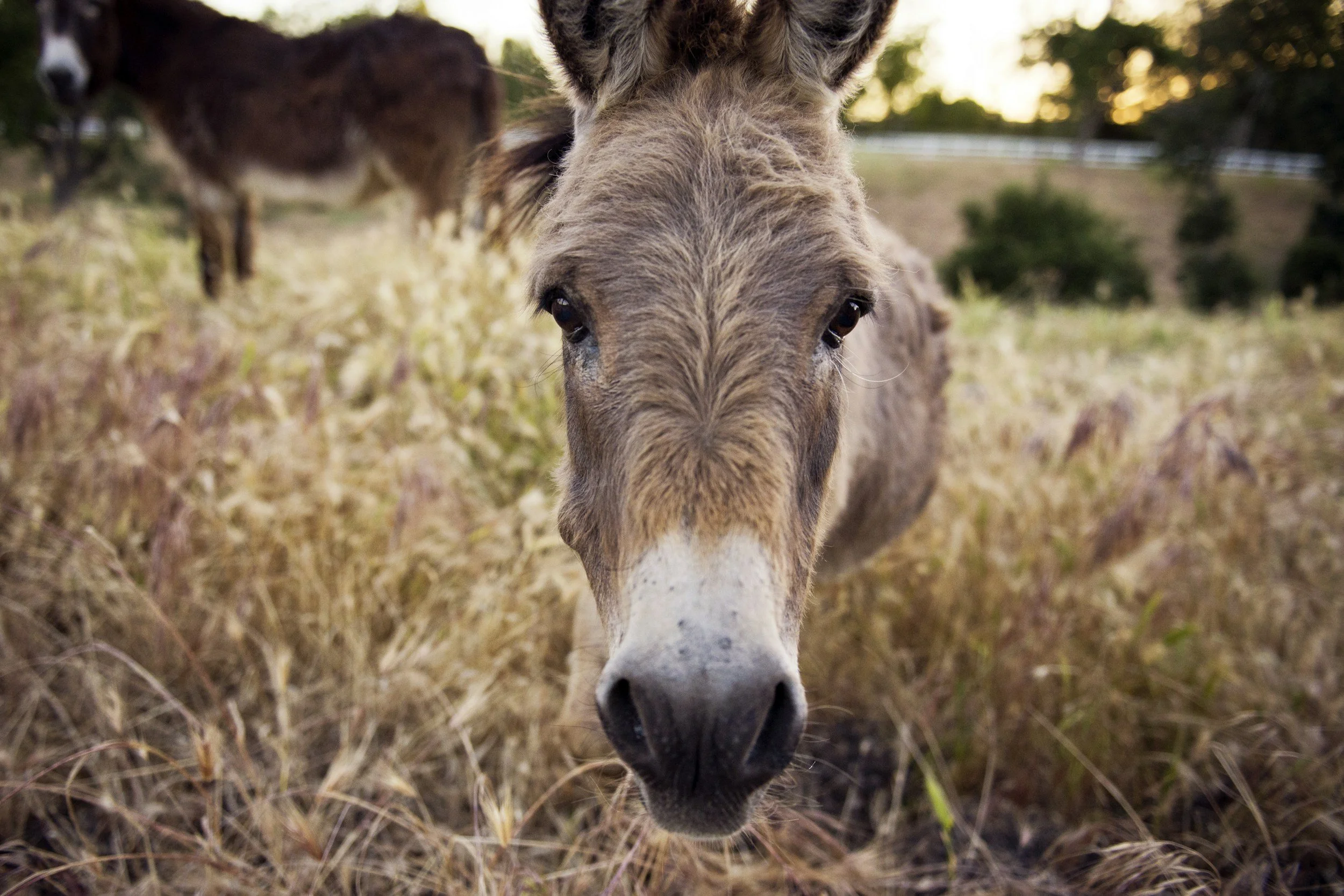Miracles and Nature
In his philosophical writings however, James made contributions in Epistemology by exploring the definition of truth. To James, an idea was true as long as it proved useful — hence, pragmatism.
The Public Sphere
“The public sphere, which once confronted the state with the principle of rational-critical debate, has lost its critical function. It has become a sphere of ‘public relations,’ in which large organizations—state and private—seek to manipulate public opinion rather than engage with it.”
The Burden of History
The narratives that appear to be closed and well mapped can play too much of a role in our understanding in the events of our own time.
Technologies of Self
Foucault tells us that while our identities are designed by our manipulation of things and manipulation of language, and while we are also products of the manipulation of the institutions that govern us, we also take an active role in shaping our own identities, by re-inventing and creating ourselves using different methods that have changed throughout history.
A Hasidic View of Lust
The Hebrew letters here tell us that we need our yearning for flesh brings with it the news of true life, life of breakdown and crises, life which we were meant to overcome — and every time we do, we might feel that we are a tiny step closer to the Divine.
Life in Downtown
The Jewish point of view is clear: there is no justification to attack the weak and the vulnerable. The Jewish point of view is clear: there is no justification to attack the weak and the vulnerable.
Vitality of New Jewish Ideas
The sense that Jews have ever lived in a situation where the texts that a Jew encountered would not require some kind of internal habit of cultural comparison, at least over the last 2000 years, seems unusual and uncommon: a kind of aphasia of the Jewish mind.
How We Define Religion
“If religion has given birth to all that is essential in society, it is because the idea of society is the soul of religion. As society progresses, the forms of religion change, but its essential functions remain.”
Selected Readings
“If the ancestors’ eyes what might we see, if their hands what might we touch, if their ears, what might we hear? Whakarongo ki te tai. E tangi haere ana. ‘Listen to the tide, lamenting as it flows on.’ Words radiate a ring path, skimming thin, slicing obsidian smooth – a face. Like the tohunga 'spiritual expert’ scanning the pools of Te Waiariki – have you ever tried to read water? Can you feel their thinking about movement, sound, rhythm, light, space, distance, surface and … silence?”
From Social Contract to Covenant
Our portion clearly states that the Israelite camp was made of distinct individuals who were very different from one another and deserved to maintain their individuality (with a placement, a role, banners, flags down to the names and number,) and individuality and identity were preserved.
רײַזע־בלאָגעס
עס שטעלט זיך די פֿראַגע, ״װאָס טוען די חסידים מיט דער אינטערנעץ?״ דער ענטפֿער: שאַפֿן דער אויפֿקום פֿון דער ייִדישער שפּראַך װאָס קען יאָ צונויפֿפֿלעכטן דעם מאָדערנעם אינהאַלט מיטן מאַמע־לשון.
The Wisdom of Letting Go
The Shmita is difficult. It is asking of us to let go of our livelihood, to risk our stomachs and our health and to have full trust in the Creator, trust which is beyond any logic or feeling that God will provide despite us letting go of work.
The Fluxus Movement
Much of what Fluxus did was ephemeral. What remains, along with books, are the artifacts.
A Debate about Time
Yes, we Jews are time travelers, we anchor our tradition in time. In our time, we go back to the past and look onto the future, reminding us of the unity of time and of our eternity.
Taming the Monstrous
Boris Lurie’s vision is a world of universal exploitation and the existential horror of it is grounded in his Holocaust experiences.
Isolation as Disease
Our capitalist zeitgeist encourages us to shelter, to not seek help, to not show vulnerability, for the sake of our unconscious wish of dominance over others.
Reality in Poetry and Art
The struggle to portray reality in art has a different affect in the work of the Boris Lurie, a survivor of the Holocaust, beginning in Riga, Latvia. Lurie’s struggle to deal with his experiences and his losses in the Holocaust was reflected in his understanding of the values of Art and the role of the artist in society.
Question the Rules
Our tradition teaches us that our ability to stop and question rules is nothing short than a must-do.





















